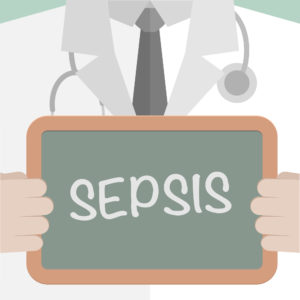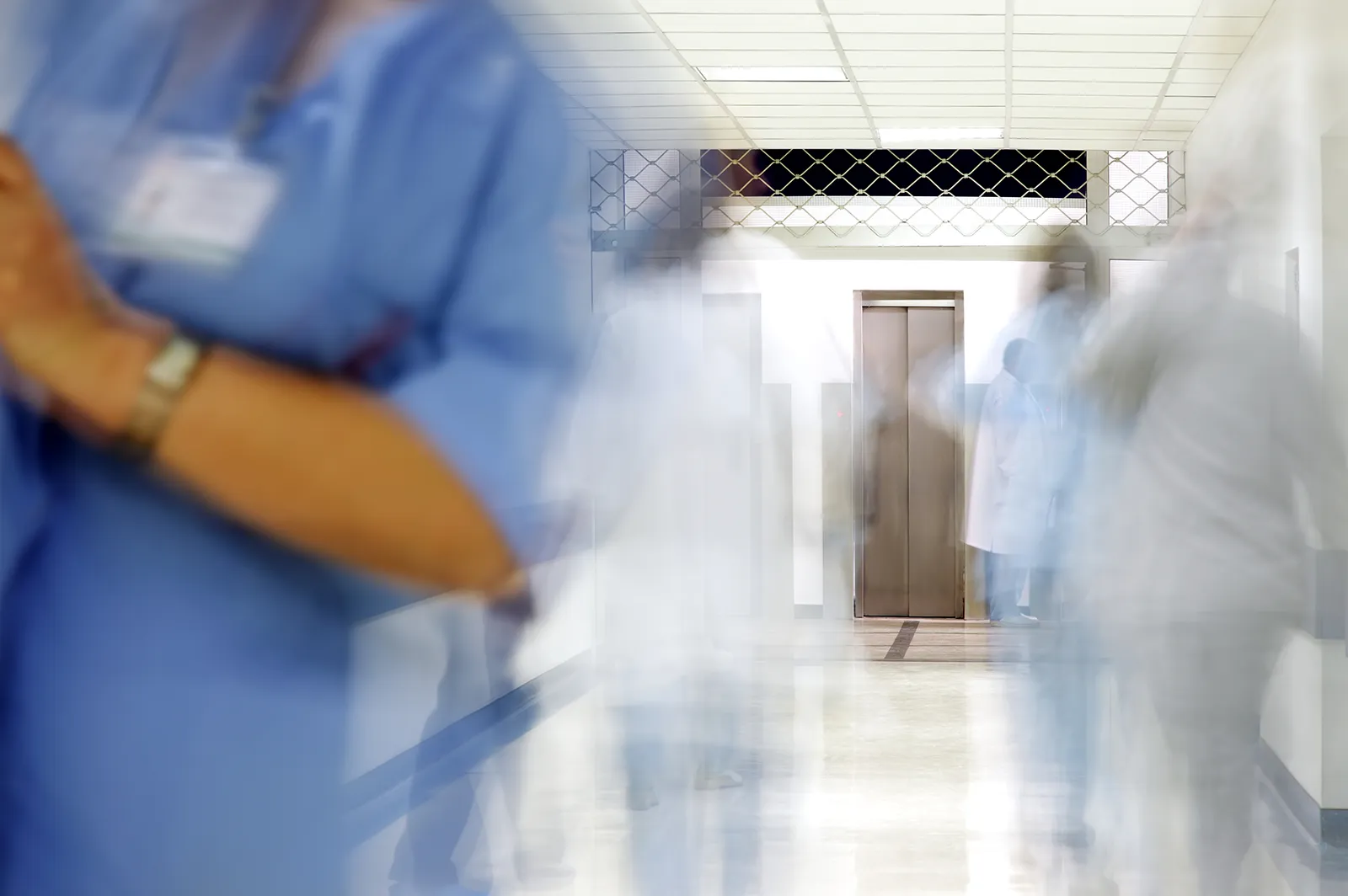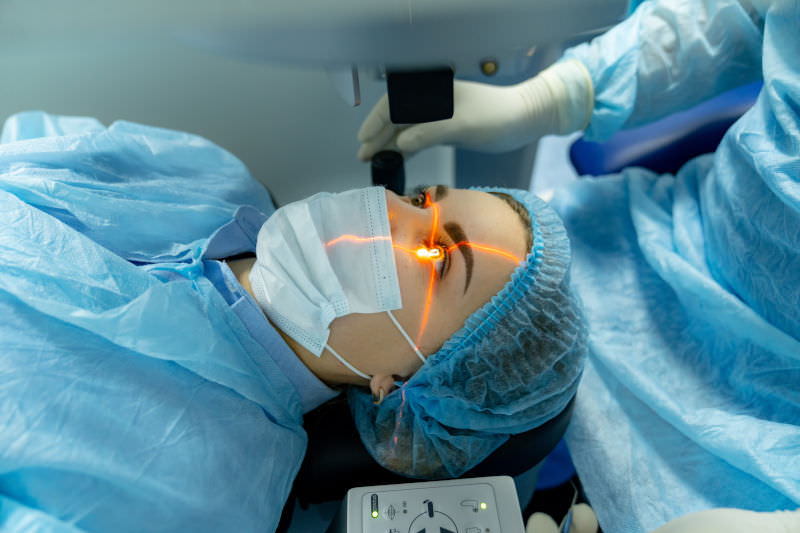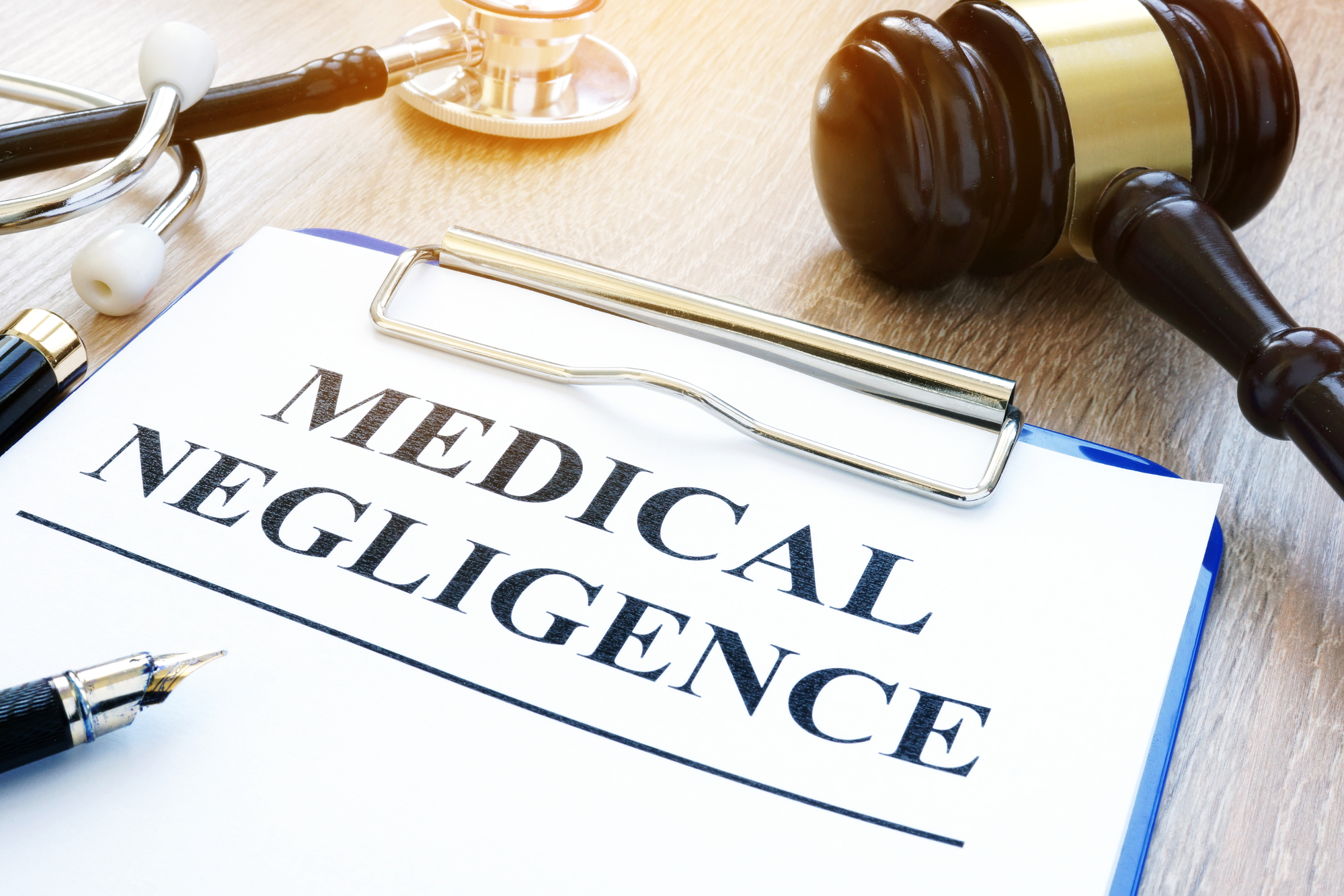The number of sepsis clinical negligence claims being made is rising. What is sepsis, why are so many people getting sepsis why does this often result in sepsis compensation claims being made?
We hope that this article will provide you with some answers.
According to the UK Sepsis Trust website:
- 25,000 children are affected by Sepsis each year
- 1 in 4 of all sepsis sufferers, suffer permanent, life-changing aftereffects
- 5 people are killed by sepsis every hour in the UK
Those are staggering statistics, we’re sure you’ll agree – particularly the fact that 5 people die every hour in the UK from sepsis. That is almost 44,000 people a year. Sepsis causes more deaths each year than bowel, breast and prostate cancer combined. Truly shocking.

Despite these alarming figures, many people do not know what sepsis is. Perhaps, though, quite a few more have been made aware of the existence of the condition, due to a storyline that has recently been run by the popular soap opera, Coronation Street in which one of the young characters had to have a foot and part of his leg amputated whilst playing football, as a result of contracting sepsis that had been caused by infection setting into his wound.
So, what is sepsis?
Sepsis occurs when the body is forced to fight a severe infection that has spread via the bloodstream. The body’s reaction to this, is to release chemicals into the blood to fight the infection, which then causes widespread inflammation throughout the body. Not only can this chain of events lead to leaky blood vessels and blood clots, but it can also result in poor blood flow to vital organs, causing them to be deprived of oxygen and other nutrients, resulting in eventual failure of some or all of those organs. The tragic outcome can be death, if treatment does not take place very quickly.
What are the symptoms of sepsis?
The symptoms of sepsis can look like those of flu, chest infections or gastroenteritis. Sepsis can affect both children and adults and the symptoms for both are often different. According to the NHS website in children under five years, signs of the following symptoms indicate that the child needs to be taken to A&E without delay, if the child:
- looks mottled, bluish or pale
- is very lethargic or difficult to wake
- feels abnormally cold to touch
- is breathing very fast
- has a rash that does not fade when you press it
- has a fit or convulsion
In adults, the first signs of sepsis are likely to be;
- A rapid pulse
- Breathing very quickly
- A fever and chills
- Low body temperature
- Vomiting/Nausea
- Diarrhoea
- Infrequent passing of urine
Severe Sepsis and Sepsis Shock
- Sepsis occurs when the infection reaches the bloodstream and causes inflammation in the body.
- Severe sepsis happens when the infection is so severe to affect the function of organs such as brain, heart and kidneys.
- Septic shock takes place when the sepsis leads to a significant drop in a sufferer’s blood pressure, leading to heart failure, strokes, respiratory failure, failure of other organs or death.
Most people recover from mild sepsis, but for septic shock, the mortality rate is nearly 50% and a third of all those who get sepsis will survive but be left with life-changing injuries.
Why are incidents of Sepsis on the rise?
We can now understand that sepsis is an horrendous condition that affects an enormous number of people in the UK. Its effects can be devastating, if treatment is not delivered promptly.
According to the Intensive Care Society, the rise is due to growing antibiotic resistance, meaning that previously harmless infections can become fatal.
Why then are people making Sepsis Compensation claims and against whom?
The NICE (National Institute for Health and Care Excellence) Guidelines provide NHS workers with guidance as to how to spot the signs of suspected sepsis. Thereafter the guidelines indicate that people with suspected sepsis should be treated in acute hospital settings with intravenous injections of antibiotics being provided within 1 hour of arriving at hospital. Additional treatment consists of the use of intravenous fluids and the provision of oxygen. If caught and treated early, then most people are able to recover without any, or any major, lasting effects.
Problems occur when doctors, nurses and other healthcare workers fail to spot the signs that someone may be suffering from sepsis. After all, many of the symptoms could also be indicative of other, much less serious ailments. In addition, the rise in the numbers of sepsis cases being presented at hospitals brings with it an increased prospect of missed or misdiagnosed cases of sepsis. At Truth Legal we have nothing but sympathy for the hard working and over worked health professionals in the NHS.
However, sepsis left undiagnosed and untreated can have devastating consequences for sufferers and their families alike. Lives lost not only mean the loss of loved ones with all the heartache that brings. It can also mean families being left without breadwinners. Those for whom sepsis brings serious life-changing injuries can be deprived of their livelihoods along with suffering serious and painful conditions. These consequences can still result from properly diagnosed and treated sepsis. They are though, most likely to occur when healthcare professionals provide substandard medical care by not thoroughly following the NICE guidelines, resulting in a breach of their duty of care to the patient. If you or a loved one has suffered from sepsis as a result of such a breach of duty of care by a health professional, you may be entitled to claim compensation.
Compensation Amounts in Sepsis Compensation Claims
If you are successful in claim for missed/prolonged diagnosis sepsis, the compensation (known as damages) will be for the pain and suffering caused by the negligent action of the healthcare professional. These types of damages are known as general damages.
If you suffer or will suffer financial loss as a result of the pain and suffering, both physical and psychological in many cases, then such losses are called special damages. Examples of these are loss of earnings (both past and future losses), the cost of having further medical treatment carried out privately and cost of any future care.
If the claim is on behalf of someone who has died as a result of sepsis caused by negligent healthcare, then any compensation will be awarded to that person’s estate.
It follows, that by the very nature of sepsis, the amounts of compensation awarded will vary greatly and will be dependent on the particular facts of each case.
At Truth Legal we have solicitors who are experts in making clinical negligence compensation claims that have been caused by missed/prolonged diagnosis.
To begin a sepsis compensation claim, your first step is to call and speak with one of our experienced clinical negligence solicitors on 01423 788538
Alternatively, you can email us at help@truthlegal.com
Finally, if you prefer you can contact us to leave us a message and we will call you back.
We will explain too, your options for funding the claim, including the possibility of doing so by way of a No Win, No Fee agreement
Further Reading
From one of the UK’s most read legal blogs.










